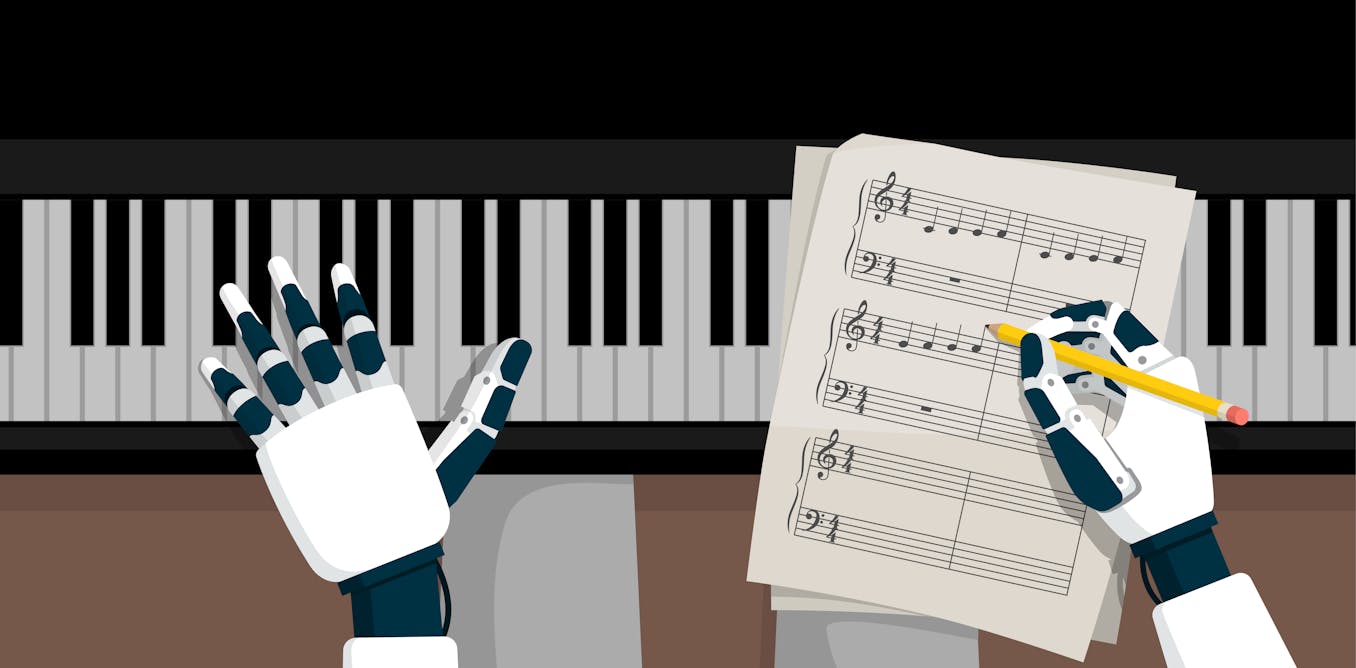Is it only your age that makes a person truly Gen-Z?
Contents– Rohan, India
It’s usually poor philosophy to make any argument on the basis of “when I was growing up,” but I’m sure that when I was growing up, we weren’t so obsessed with generational differences. Of course, we knew about different generations and even made sweeping generalizations about them, but this was usually defined by simpler terms, like “my parents’ generation” or “my grandparents’ generation.”
But today, we have a confusing lookup table of generational names. We have the Silent Generation, the Baby Boomers, Gen X, Millennials, Gen Z, and, newest of all, Gen Alpha. Each one of you reading this article belongs to one of those. Whether you like it or not, you will be jammed into a neat box and forced to wear a sign around your neck. You cannot self-define as a different generation. Age is a raw, unchangeable constant, and it labels you.
I am a millennial. I tell you that with a degree of cringing expectation. Because admitting your generation to strangers is a peculiar act of vulnerability. Each generational label has a certain stereotype. There is baggage attached to being a “boomer” and a role to fulfill if you’re a millennial. Which brings us to Rohan’s question: What do those roles mean?
Instead of our usual format of presenting both sides of an argument, this week will be an exploration. Technically, age is all there is to these generational labels. You cannot wish away your Gen X status any more than you can wish away your wrinkles and unignorable rheumatism. But I’m going to dig into this idea. First, I’ll explore the need to create these labels in the first place and our need to slot people into them. And second, I’ll examine what values or unique characteristics define Gen Z and ask, “Can you self-define as a different generation?”
Erikson: The pull of many strings
In the mid-20th century, the German psychologist Erik Erikson gave us one of the most popular expressions in armchair psychology: the “identity crisis.” An identity crisis is any period of your life when you feel like you’re being pulled in many directions. It can happen at any time, but it’s most commonly associated with those teenage years of rebellion, experimentation, and discovery. It’s when a child grows up enough to want to explore but remains a child enough to want the warm, easy comforts of mom’s food and dad’s hugs.
For Erikson, this period of tension and upheaval usually leads to identity formation, where the teenager joins a group or adopts a set of values. It’s not as clichéd as American high school movies, but it’s not far removed: Goths, film nerds, mathletes, jocks, geeks, stoners, and so on. Erikson argued that humans have a need to belong to some sort of tribe. We need to identify as someone and something.
Historically, different countries have emphasized different elements of this tribalism. Some countries might draw lines based on ethnicity, education, profession, wealth, religion, or geography. My native country of Great Britain has a long history of dividing by “class” — as elusive an idea as it has been important. And joining this list of “ways we divide ourselves” comes a new one: generation. We all belong to a certain generation, and we sing the songs of our team and mock the lives of others. The Generation Wars are here, and it needs only Katniss Everdeen to make it Hollywood-worthy.
What does your generation mean?
The psychologist James Marcia, who built on Erikson’s work, argued that our “identity crisis” is resolved when we reach a point of “identity achievement,” where we actively choose who we are to be. We shop around a bit, explore the options, try this outfit, try to talk to those people, and finally, we commit to a version of ourselves we want to be. Identity creation is an active process of choosing between options.
Generations are not like this. We cannot choose to belong to a certain generation. A 16-year-old, deciding on who they want to be, cannot say, “I’m going to be a boomer” without getting a laugh. But is this right? Is this fair? As Rohan implies in his question, is there more to generational labels than simply our birth date?
The short answer is yes. For better or worse, names like “Gen Z” or “millennial” aren’t simply markers of age. These labels carry certain values and markers. And so, we can’t simply substitute “boomer” with “60 to 80 years old” without losing the nuance.
A generation is often defined by two things: the social context in which they grow up and the technology available to them. So, if we follow Rohan and take Gen Z as an example, these are the “digital natives.” They grew up in an internet-everywhere world, consuming most of their media and conducting most of their interactions online. They also seem to be much more idealistic than other generations, born as they were into a changing climate, changing world order, and changing attitudes toward justice, equality, and fairness.
Semantic shift and choosing your generation
So, if we can identify certain characteristics and values of each “generation,” can we, as Rohan’s question implies, choose our generation? Well, no — at least not yet. Because terms like “millennial” or “Gen Z” require you to be of a certain age, which, then, makes the logical error of assuming you must be a certain way.
The reason I say “not yet,” however, is because of something called a “semantic shift.” This is the term linguists use for when a word or term changes its meaning over time. For example, awful and awesome used to mean roughly the same thing. Today, they’re opposites. I would like to suggest that we are on the cusp of some semantic shift when it comes to generational labels. Yes, I cannot be a “boomer,” but I definitely can do “boomer-like” things. Indeed, this is why the expression or meme “Okay, boomer” (where you roll your eyes at someone stuck in their ways) has become so popular. It already makes sense to say someone has a “millennial mindset” or “acting more like a Gen Z than Gen X.” If we give it a decade or so, I wouldn’t be surprised if the laws of semantic shift allow us to use these labels entirely divorced from their original, age-bound definitions. When I was at school, one of my teachers called me an “old soul” (which I always liked). Maybe he should have called me a “boomer” instead (which I don’t like as much).
To answer Rohan, I will say no, you cannot self-define as a Gen Z. But I would guess that in another generation’s time, you might.
This article Everyday Philosophy: Can you self-identify as a different generation? is featured on Big Think.

The post “Everyday Philosophy: Can you self-identify as a different generation?” by Jonny Thomson was published on 10/25/2024 by bigthink.com




































Leave a Reply